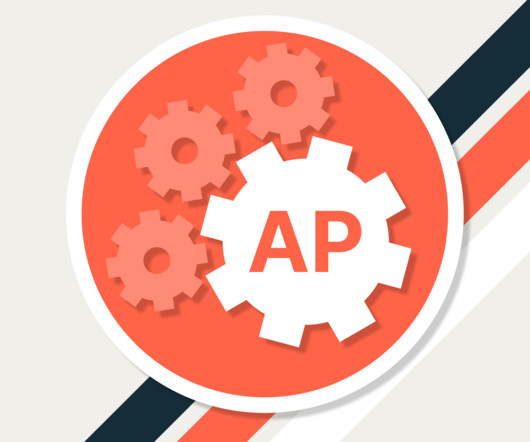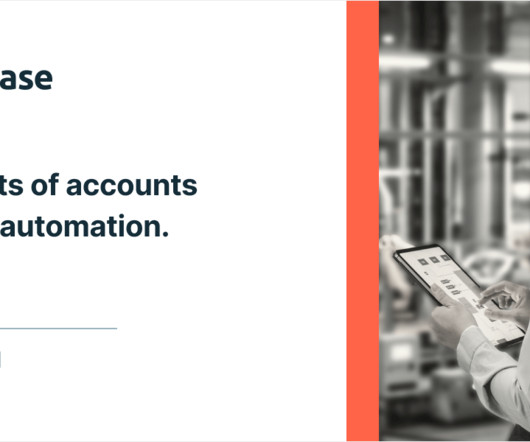A Guide to AP Automation Technology
MineralTree
OCTOBER 26, 2023
Automation is reshaping the way companies manage their financial operations, especially in accounts payable (AP). Understanding how AP automation works and how it streamlines AP processes is vital to keeping your company ahead of the curve in a rapidly evolving business finance landscape.












Let's personalize your content